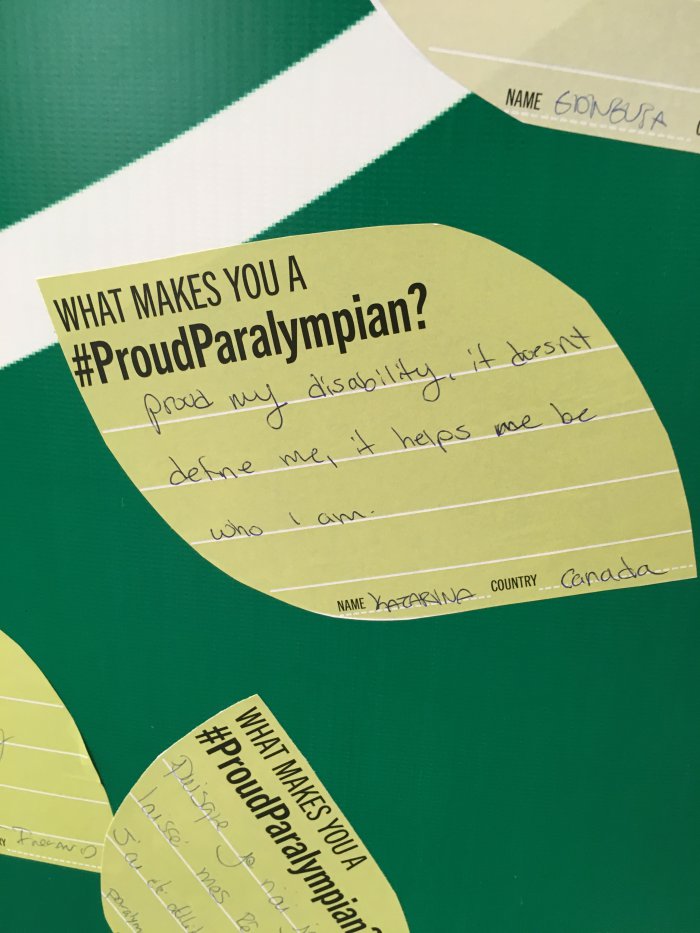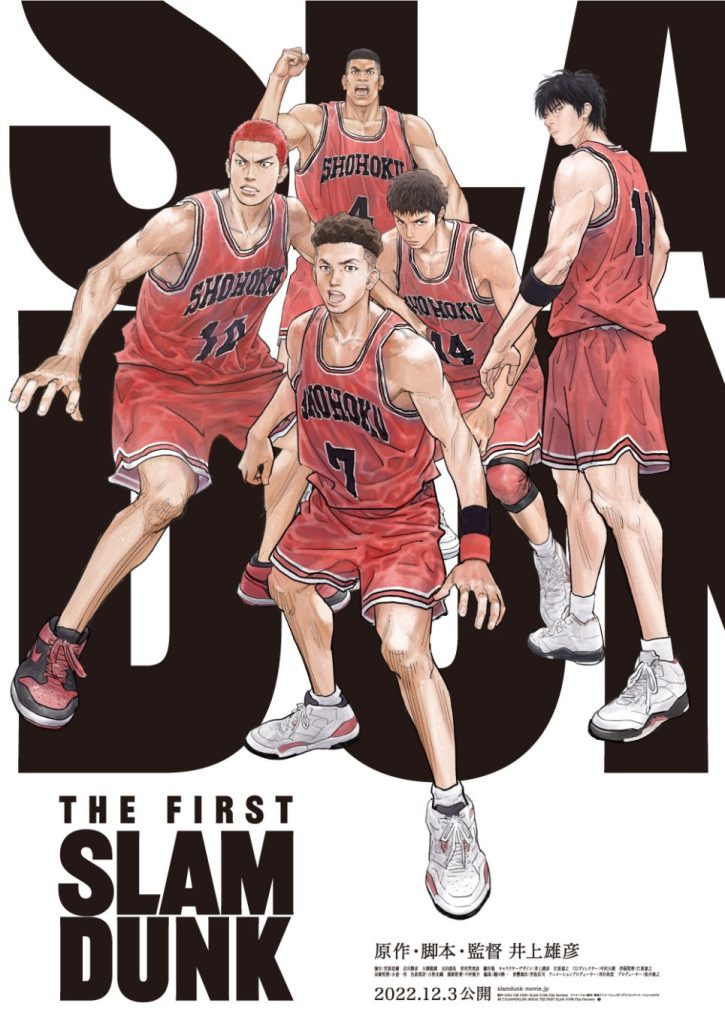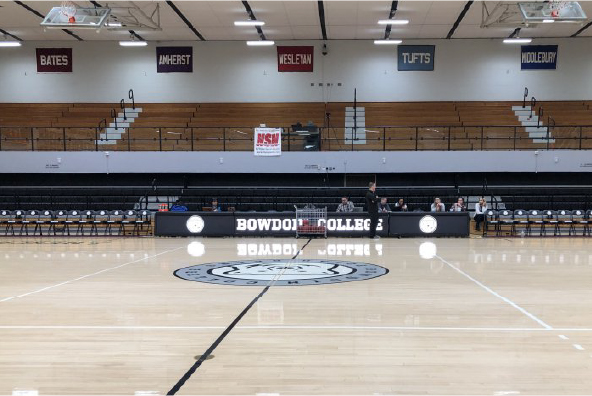
Rio Paralympics Wheelchair Basketball Tournament Log 6: Off Day
Day 6
9/13/2016
@ Paralympic Village
It is cruel to only ask the national team to win. Why?
I visited the Paralympic Athletes’ Village not as a member of the media, but as a friend. I did not go looking for material, so I would like to note that what is written below is nothing more than what my thoughts and impressions were from what I saw myself.
What I saw there gave me many things to think about.
It was fundamentally a great thing to see. The world’s top athletes were gathered there in one village. There were many many apartment-like buildings and a large cafeteria that the athletic staff spent several weeks living in. Countries with large contingents of athletes such as America and China had entire buildings to themselves, while countries that did not lived together in buildings that hosted several countries.
No matter where the athletes were from, whether they won or lost that day, they all returned here to rest and prepare for their next battle.
This time, the location was ‘away’ territory for every country but Brazil. But the degree to which that was felt was different depending on how much the mother countries had prepared. For instance, the mental strain is different between coming back to a bland and sterile business hotel as opposed to a comforting resort hotel.
Looking at England as an example, Team GB (Great Britain) operated as one team from the Olympics through the Paralympics, setting up lounges with couches and big TVs, and doing other things to create a an atmosphere in the living areas so people could relax. Athletes returning from tough competitions could catch a breath upon being reminded of home by being in an environment clothed in their national colors and could preare for their next competition. They could also analyze and strategize with their teammates who also represented their country in other competitions. At the very least, they prepared as a team to give their athletes peace of mind to improve performance.
Not just England, but China, France and Australia had their national flags displayed in their living quarters. You could tell that they had prepared everything in advance because they had the exact number and size of flags to perfectly cover the outside of the buildings.
There were some rising suns in the living quarters of our Japan team, but they looked more like they were national flags that the individual athletes had put up rather than anything planned beforehand. I don’t know if they were from supporters, but there were some small rising sun handflags planted at the entrance near the bicycle racks. It felt like they had been placed there by people who felt that the area looked lonely.
Many athletes publicly give thanks and say that they wouldn’t have been able to make it as far as thay have without the support of many people. There were many businesses who provided food and supplement support for the living area. We were able to enjoy the performance of the Japanese National Team thaks to the many people, both seen and unseen, who supported them. But, it feels like there is still room for much more improvement with how Japan provides support.
For the athletes who are far away from their home country and facing tough competition, being able to stake out their own space underneath their national flag and to create a place for themselves and their teammates is huge for their peace of mind. On the other hand, they need to individually internally overcome the loneliness, the doubts and the ‘away’ factor. There are probably athletes who can’t overcome them and leave the competition wounded.
For countries who win a lot of medals, I feel that it isn’t just the athletic staff, but also how they provide support to the athletes to push them to the top.
The core of the Paralympics is “disablity”. And in this regard, the rules and the spectators encompass the idea of “magnanimity”. That’s part of its appeal. To take an example of rules, wheelchair basketball uses a “point” system. Each athlete is given a point rating from 1.0 to 4.5 (in 0.5 point increments) based on the degree of their disability. The five people on the court cannot total more than 14 points. A team cannot be formed with only athletes of a 4.5 point rating who have the best mobility.
(See here for more information about wheelchair basketball rles:
http://www.jsad.or.jp/about/referenceroom_data/competition-guide_05.pdf )
From a spectator perspective, many people do not have experience with either the loss of their lower limbs or degenerative conditions. On top of being surprised and gaining a degree of respect that they can compete in such conditions, all the people watching in the stands share the same outlook and the whole atmosphere becomes more respectful and accomadating. It is hard for much abuse to be directed at the athletes. I don’t know if this type of spectator engagement can last as the Paralympics become more well known and seen more as entertainment, but right now that is a difference it has with the Olympics and other major pro sports. Even with that difference, it doesn’t change the fact that when watched as a sport, it is fundamentally a competition between athletes who perform at a higher level than normal people can imagine.
To ask the national team — the athletes who are the best in the country — and their handful of staff to “go and win” while not providing the necessary backup as Team Japan is cruel. The Paralympics are not a place where you can win individually without support. And it is only natural for the people who are competing to strive to win.

9/13/2016
2016.10.24

Recent Post







